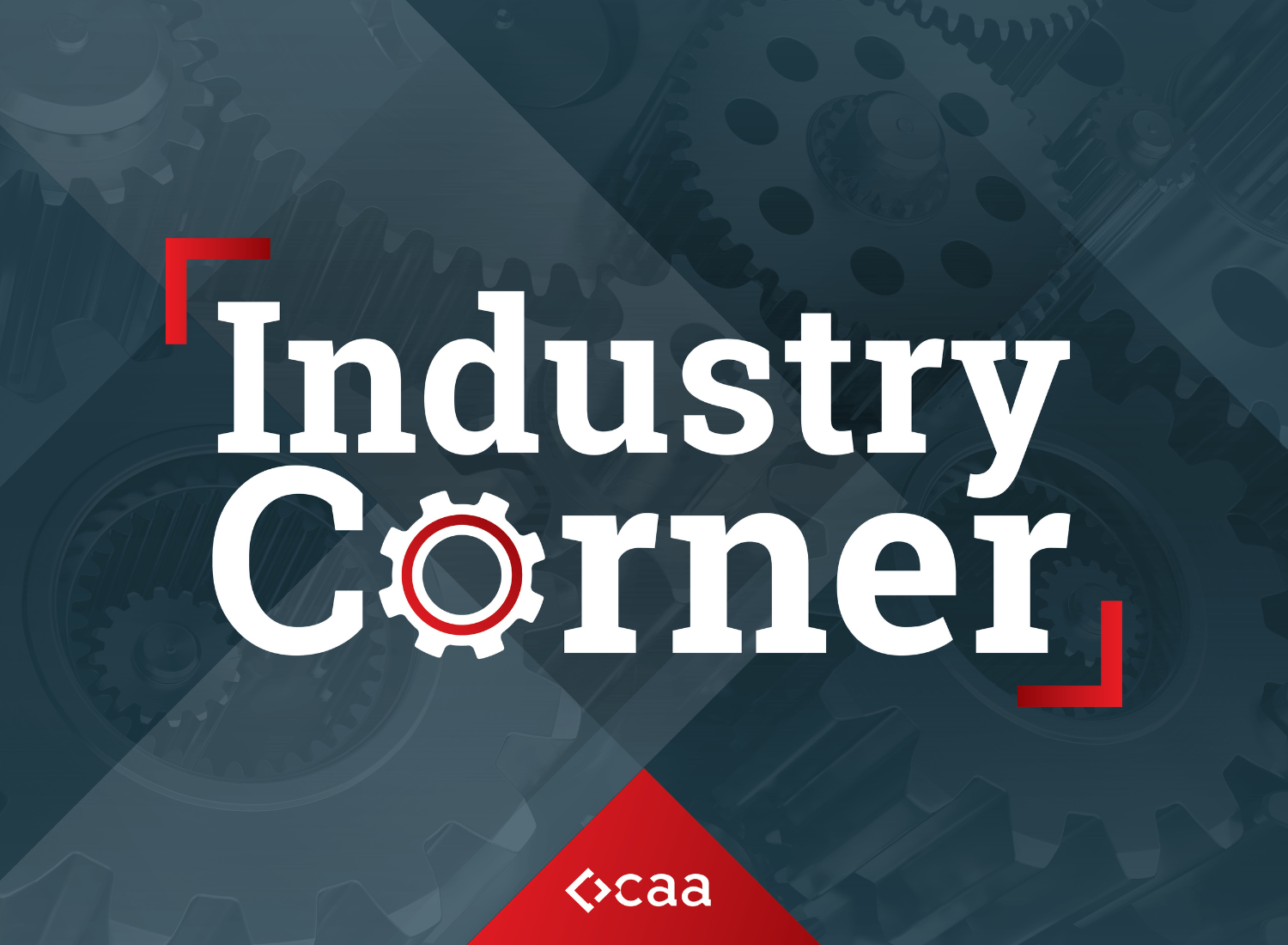Andy Kistler, Southeast Regional Director & Senior Vice President, Janney Montgomery Scott LLC
In an interview with Invest:, Andy Kistler, southeast regional director & senior vice president at Janney Montgomery Scott LLC, highlighted the firm’s growth, while emphasizing the importance of personal relationships and technology integration in the financial services industry.
What were some significant milestones for the firm in the Southeast region over the last year?
Janney has a long-term business strategy focused on advisor recruitment and retention, enhancing the advisor and client experience, and driving organic and inorganic growth. The firm has successfully executed our strategic objectives highlighted by more than 145 consecutive quarters of operating profitability and four consecutive years of record revenues. Every Janney employee is also an owner of the firm, fostering a culture where our team is empowered to think and act as owners as well as strengthening our focus on delivering exceptional service and meeting client needs.
In the Southeast, our key milestones revolve around growth — whether it’s organic growth, opening new offices, or adding advisers. Over the past decade, our assets under advisement in the region have grown at a compounded annual rate of over 15%. In January 2023, we opened an office in Greensboro, significantly benefiting our business and client service. In October 2023, we also opened an office in Augusta, Georgia, further expanding our presence in the Southeast.
We’ve also added advisers in key locations this year, including Charlotte; Harrisonburg, Virginia; Atlanta; and Columbia, South Carolina. These offices have been crucial to our growth and supporting our clients, with more developments in the pipeline.
How has the economic environment affected your approach to business development, recruitment, and asset management?
I’ve been in the business for 40 years, and even now, I believe there’s never been a better time to be in the wealth management industry. One key reason is the $84 trillion in assets transitioning from baby boomers and the silent generation to the next. Having a trusted advisor to guide clients through this, especially estate planning, is more important than ever.
We’ve all heard horror stories of wealthy individuals without proper planning, leaving their estates in legal limbo. Our role is to help clients avoid these pitfalls, ensuring their children and unique needs are provided for. What we do is meaningful — we carry the financial burden so clients can focus on their lives and businesses with the peace of mind that they have a comprehensive financial plan to meet their goals.
From an economic standpoint, I’m optimistic about our economy and industry. Charlotte is an ideal place with a growing population and the need for financial advice.
What are some of the trends you see shaping the financial services industry in the next few years?
The biggest challenge is that our industry is aging, myself included at 64. People tend to stay in this field longer than in others. In our business, many advisers are retiring later, which is great as we benefit from their experience.
However, attracting younger talent is a challenge. We need to reach out to those with a Certified Financial Planner (CFP) designation and educate them about the opportunities. The business has evolved significantly since I started in 1983. It is now more of a partnership model, similar to legal or accounting professions, where you almost need to start as a junior partner and be part of a team that can meet all the unique needs of a client.
Our advisers also understand that their clients in their 70s are concerned about what happens when they retire or face health issues.
There’s a big opportunity here. When someone passes away, assets often get divided among their children, and if those children live elsewhere, the assets tend to leave the firm. We aim to build relationships with younger generations early on so the assets stay with Janney, helping to create generational consistency with their financial plans.
Over the last five or six years, we’ve worked with advisers to help them identify and groom younger talent. These young advisers are also introduced to their clients and, importantly, to their clients’ children.
Attracting younger talent is both a challenge and an opportunity. As an industry, we need to do a better job of reaching college students and educating them about our career opportunities. It may not be ideal for someone right out of college, but we need to plant the seed that this is a career where you can build a great practice and serve your clients well.
Financial services is a relationship-driven business, but how is technology impacting the industry and your firm specifically?
At an Economics Club luncheon, I met someone in microchip distribution, and we joked about how busy his industry is. He asked what sets our firm apart from the big firms. I told him, “We’re a boutique firm that prides itself on personalized service.” He said, “That’s exactly what I do.” Whether it’s microchips or financial services, it’s about managing expectations and delivering excellent service and tailored advice.
Technology makes us more efficient, but it will never replace the personal relationships we have with clients. Over my 40 years in the business, I’ve heard predictions that discount brokers or digital platforms will put us out of business. But most people don’t want to spend time managing their money — they want a trusted adviser.
A stat from McKinsey says that in 2024, 23% of investors preferred digital services, down from 36% in 2018. Fewer people rely solely on digital platforms because they realize they want a personal connection with an adviser.
There’s also been a 79% increase in affluent consumers seeking holistic financial advice — from 29% in 2018 to 52% today. At Janney, we ensure we have experts in estate planning, trust services, and financial planning to deliver that holistic advice. Clients want a comprehensive view of their financial well-being.
Yes, technology makes us more efficient, enhances the client experience, and drives more clients to us. People want someone they can trust, someone they can call or visit. Technology is a tool, but personal relationships and trust are still the foundation of our business.
A great example of technology enhancing our business is our onboarding process. Our team streamlined the paperwork, reducing it to one or two signatures, with clients able to complete the process via email or text. This allows our advisors to spend time on financial conversations rather than paperwork. Technology has sped things up, but our focus remains on making life simpler and more efficient for clients.
What are your top priorities for the next few years?
One of our key successes has been the positive feedback from employees. For several years, we’ve partnered with Great Places to Work to evaluate how our team feels about working at Janney. This year, for the third year in a row, we were Certified as a Great Place to Work, with 97% of employees in the Southeast region voting Janney as a great place to be.
Maintaining this positive work environment is my top priority. It’s crucial that people can build long-term careers here. Our Human Resources and Corporate teams have developed educational tools and career paths, turning positions that once lacked growth into clear advancement opportunities.
Another focus is keeping a personal touch with our advisers. Every quarter, I write a handwritten note to each adviser to stay connected, understand their practice, and ensure they have what they need to deliver exceptional client service, as their success depends on it.
Growth is also a major focus. We’ve opened 17 offices in the past decade and continue to see opportunities. I’m constantly on the road, expanding our business and driving the 17-18% annual growth rate we’ve maintained. That’s the exciting part — growing while keeping Janney a great place to work.













